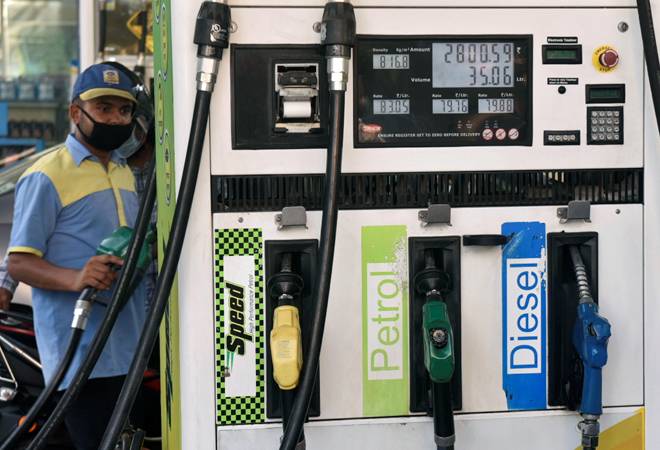Oil Fuel Fund Absorbs Global Hike
Thailand’s diesel price will remain fixed at 32 baht per litre despite soaring global oil prices driven by the Israel-Iran conflict, the Oil Fuel Fund Office (Offo) announced on June 17, 2025. Effective June 18, 2025, the office reduced motorist contributions to the Oil Fuel Fund by 0.5 baht per litre to offset the impact, ensuring stability for a fuel that accounts for half of the nation’s consumption, as reported on June 18, 2025.
Critical Role of Diesel in Economy
Transport and Agriculture Rely Heavily
Diesel’s dominance in Thailand’s fuel market, powering transport and agricultural sectors, necessitates price regulation to protect consumers, explained Offo’s policy and planning director, Pornchai Jirakulpisan. The Oil Fuel Fund acts as a buffer against crude oil price volatility, adjusting contributions to maintain affordability. This intervention is vital for businesses and farmers facing rising operational costs amid global economic pressures.
Global Oil Prices Climb
Israel-Iran Conflict Drives Surge
Brent crude, a global benchmark, reached $71 per barrel on June 17, 2025, up from $62 on May 30, while Dubai crude hit $72.89. The Platts diesel benchmark rose to $90.28 per barrel from $88.02. The Israel-Iran conflict, raising fears of disruptions in the Strait of Hormuz, a key oil transport route, has fueled these increases, threatening global supply chains and local fuel prices.
Fund Revenue Takes a Hit
Daily Losses to Stabilize Prices
The 0.5-baht reduction in diesel contributions will cut the Oil Fuel Fund’s daily revenue by 31.1 million baht, dropping from 94 million to 62.9 million baht, while gasoline contributions remain steady at 72.88 million baht daily. Pornchai emphasized the fund’s role as a critical tool for energy price stability, shielding Thai consumers from the full brunt of the global energy crisis during turbulent times.
Potential for Escalating Measures
Oil Reserves as Backup Plan
Energy Ministry permanent secretary Veerapat Kiatfuengfoo warned that an intensification of the Israel-Iran conflict could further spike crude oil prices, impacting Thailand’s economy. Authorities are prepared to bolster domestic oil reserves to mitigate price surges if the situation worsens. This proactive stance aims to safeguard fuel affordability and supply security for Thailand’s 70 million residents.
Long-Term Energy Stability Strategy
Balancing Costs and Security
Thailand’s reliance on the Oil Fuel Fund reflects a broader strategy to ensure energy stability amid geopolitical uncertainties. By maintaining diesel prices, the government supports key industries while monitoring global developments. Future measures, such as reserve expansion or alternative energy investments, could further insulate the economy, fostering resilience against external shocks like Middle East conflicts.
Economic Implications for Thailand
Protecting Consumers and Businesses
The decision to cap diesel prices underscores Thailand’s commitment to shielding its economy from global volatility, particularly for SMEs and agricultural workers reliant on affordable fuel. As the Israel-Iran conflict looms, sustained government intervention through the Oil Fuel Fund will be crucial to maintain consumer confidence and economic stability, ensuring Thailand navigates the energy crisis with minimal disruption.









